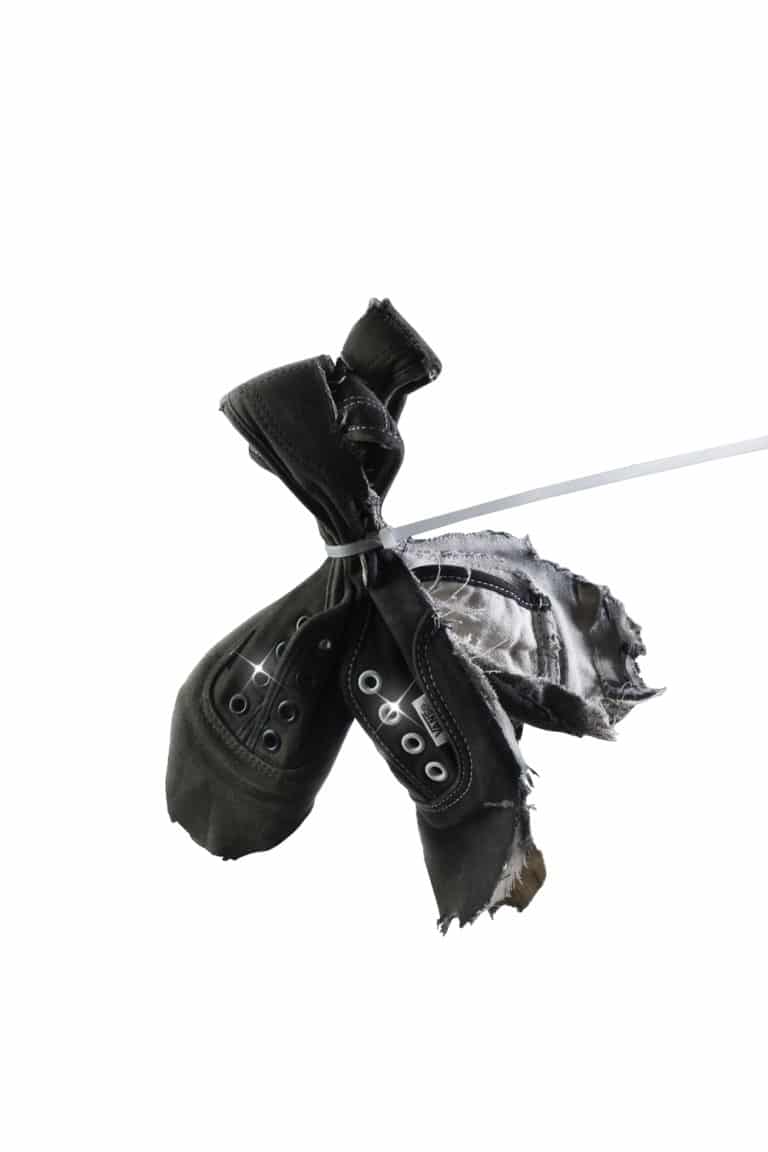
Opinion
What are the impacts of AI on luxury brands?
By Kai Loyens
Opinion
What are the impacts of AI on luxury brands?
By Kai Loyens
Updated May 19, 2020 at 01:53 PM
Reading time: 2 minutes
Fashion
Mar 20, 2019
The debate on the impacts of artificial intelligence has largely focused on how this new technology and associated automation processes will affect legacy industries. In the meantime, creative industries have widely been shielded from debates about the impacts of nascent AI technologies, due to the primacy of creative processes that are hard to quantify into AI inputs.
These concerns have been most acutely raised in relation to the luxury industry. While this industry and its dominant players have been painfully slow to embrace new technologies in the past, namely e-commerce, they are quickly understanding the opportunity and threat posed by AI and new technologies. However, their rapid embrace of this new technology has raised questions about whether the industry truly understands AI’s long-term impact on the perception of luxury.
Implementing AI into business processes and marketing may be of significant benefit to the luxury industry, but it may also threaten what makes them unique, which in the past has been a singular focus on creative expression and design.
‘Sneakerisation’ is emblematic of luxury’s uptake of AI and how analytics technologies uncover new trends and scale-up growth. Analytics has been used to identify trends in web searches and social media engagement, sneakers being the first major success for the luxury industry with this approach. This has seen luxury companies scale up their investment in ‘streetwear’ to capitalise on these trends, leading to soaring revenues and stock prices. However, it does raise questions about whether companies and brands that are singularly associated with creativity and skill are undermining their own images through such a homogenous focus.
Skilled artisan labour is complementary to any discussion about new technologies and the luxury industry. Craftsmanship and the story of labour is still central to this industry, and AI poses a potential risk to this highly symbiotic relationship.
Gucci, one of the most prolific names in luxury at the moment, has been seen as a leader in experimenting with new technologies. CEO Marco Bizzarri has estimated that up to 40 percent of its production could be automated or have some level of automation introduced. It has led the way on automation investment and development, with its latest sneakers now being assembled mostly by robotic systems. Such a rapid uptake of these new technologies poses the most visible risk to the image and popular conception of these companies and their future prospects—mainly that they are seeking to cut costs and are losing their heritage in skilled labour. If the production of products that were traditionally handcrafted can be automated, why can’t designs, motifs and conceptual processes also be handled by increasingly intelligent AI processes?
This is a significant shift for an industry that still strongly promotes its links to artisanal manufacturing, with many of these processes remaining integral to their production processes. Brand still commands much of the appeal in luxury, but as brands increasingly position themselves further upmarket, they risk alienating themselves from their own images and from the clients they are trying to reach.
These new opportunities for the industry have been repeatedly emphasised as a threat by Johan Rupert, chairman of luxury conglomerate Richemont, who has argued that the use of analytics to identify new trends, automation and AI processes will be creatively destructive for the industry. Somewhat ironically, he also views the luxury industry as being a strong symbol of gaping global economic inequality.
Speaking earlier to the use of analytics and AI to identify new trends and reposition businesses, Rupert is also largely alone amongst luxury executives in believing that this can only bring short-term benefits. It is not difficult to extrapolate on the use of analytics and its integration with AI to see companies use this technology to inform collection design, visuals, and circumvent many traditional aspects of the design process.
Like many industries, luxury finds itself amidst something of a reckoning. To stay naive of the benefits and impacts of future technologies, as it has in the past, would be of significant detriment to the industry, but to embrace these digital tools with greater zeal also raises risks. For creative and luxury industries as a whole, technology and new applications for AI processes are likely to reshape an industry that has long been apprehensive of disruption. However, given that luxury is at the forefront of brand consciousness and trying to broaden its appeal, new technologies also pose a serious risk to continuing conceptions of exclusivity and craftsmanship.




